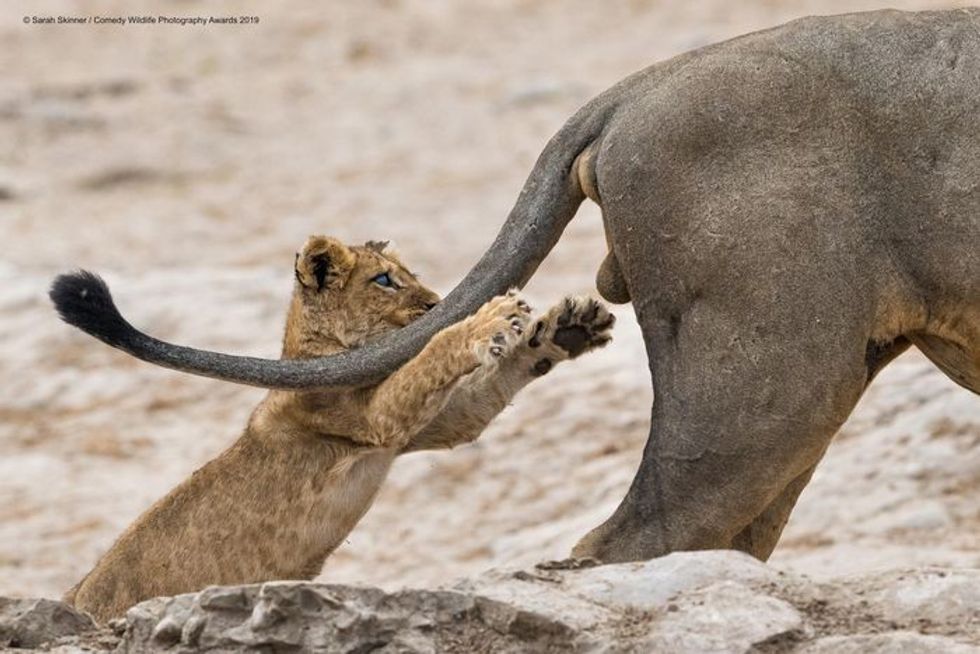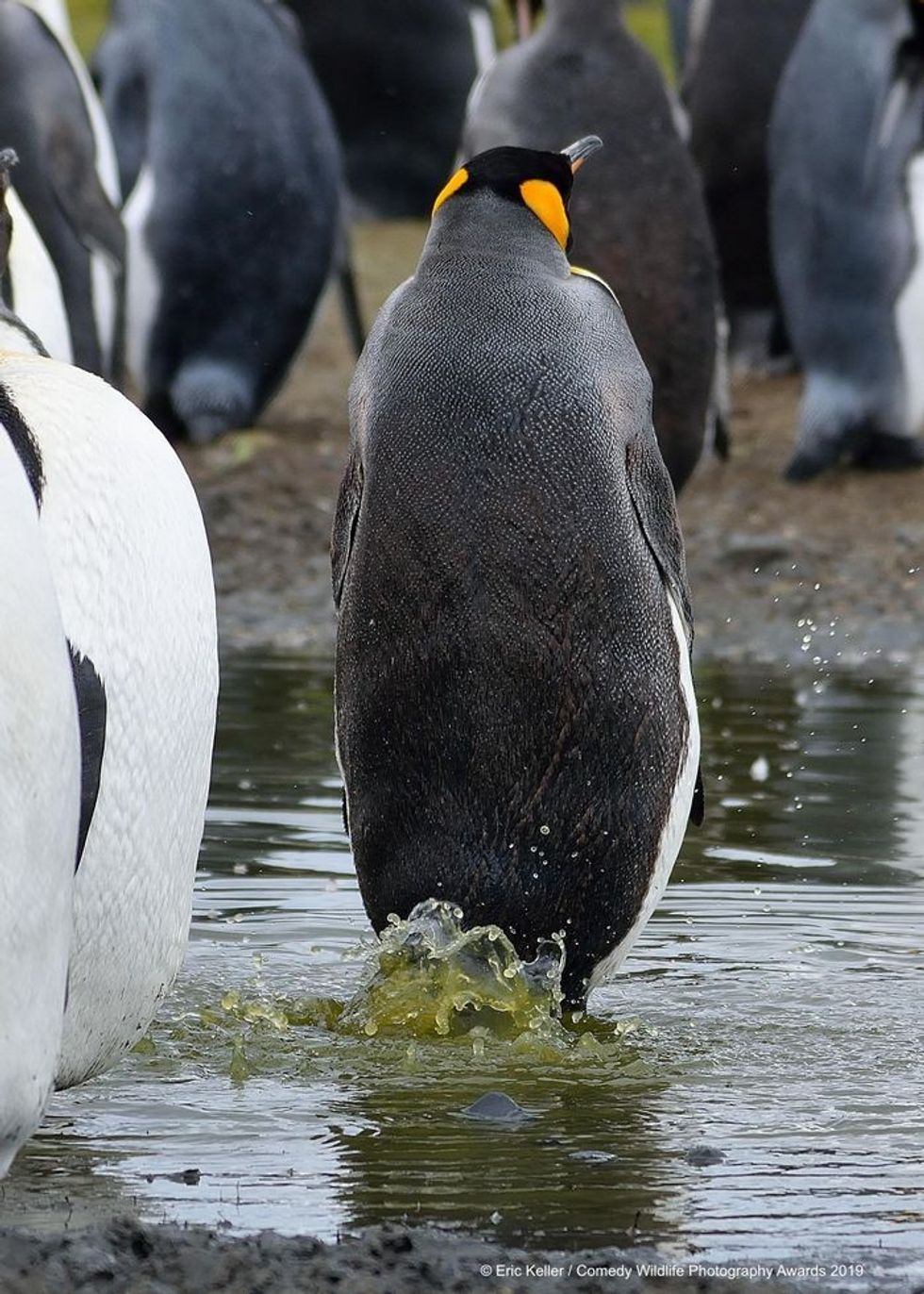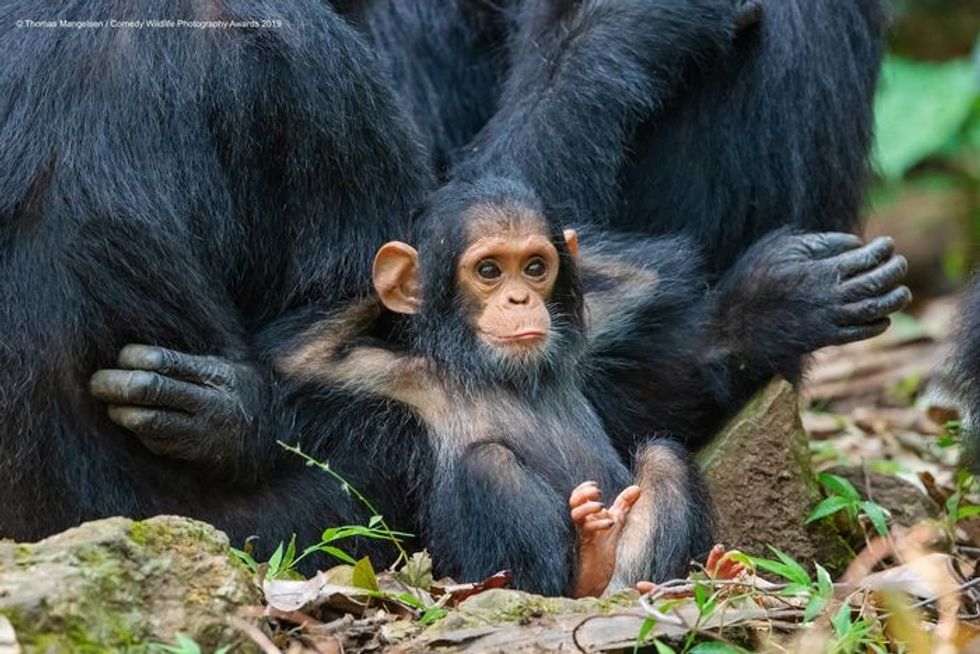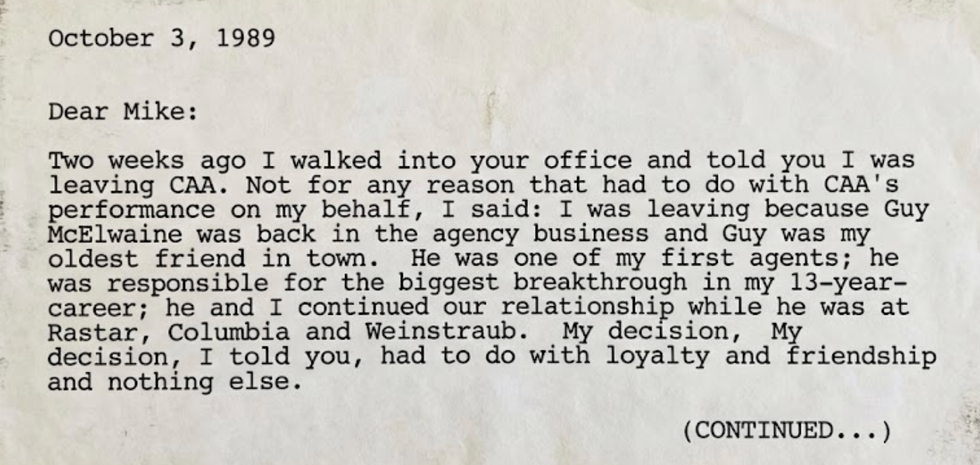In the early 1800s, Georgetown University relied on Jesuit plantations in Maryland to help finance its operations. In 1838, the Jesuit priests who ran the institution decided to sell 272 of its slaves to Louisiana to finance the floundering university’s future. The sale earned the university $3.3 million in today’s dollars and was organized by two Georgetown’s early presidents. Today, the university is apologizing for its original sin by reaching out to the descendants of the 272 slaves.
In April, Georgetown offered a formal apology to the descendants, and over 100 attended a vigil and dinner at the school. The university also announced it would name one of its buildings after Isaac Hawkins, the first enslaved person listed on the 1838 sales docket. It changed the name of two buildings that had been named after former presidents who were involved in the sale to Freedom and Remembrance halls in order to commemorate those it enslaved.
The school also announced it was giving legacy status to descendants of the 272 slaves. One of the first to be admitted under Georgetown’s new policy is 63-year-old New Orleans chef Meli Short-Colomb. This fall, she’s leaving her job to move into the dorms. She hopes to graduate in 2021. “I’m going to be the oldest not-18-year-old ... to ever be a part of a freshman class at Georgetown University,” she told APM Reports’ Kate Ellis. Georgetown has agreed to cover her room, board, and tuition.
It all began when she received an email from a geneticist who told Short-Colomb that her three-time great-grandparents were part of the sale. After considering the pain inflicted on her family by the university, she was “hurt and angry” and “disappointed.” While other descendants thought about sending their children or grandchildren to the university, Short-Colomb pictured herself there. When she learned she was admitted to the school in June, she broke down in tears. “For Georgetown to do this, it was special and it does mean something and I feel I have been touched by grace,” she said.

















 A young lion playing with an older animal
A young lion playing with an older animal A colorful bird appears to be yelling at it a friend
A colorful bird appears to be yelling at it a friend An otter appears like it's holding its face in shock
An otter appears like it's holding its face in shock Two young foxes playing in the wild
Two young foxes playing in the wild Two otters appear to be laughing together in the water
Two otters appear to be laughing together in the water A fish looks like it's afraid of the shark behind it
A fish looks like it's afraid of the shark behind it A bird appears to be ignoring their partner
A bird appears to be ignoring their partner A squirrel looks like it's trapped in a tree
A squirrel looks like it's trapped in a tree A bear holds hand over face, making it appear like it's exhausted
A bear holds hand over face, making it appear like it's exhausted A penguin looks like its trying to appear inconspicuous
A penguin looks like its trying to appear inconspicuous A young squirrel smells a flower
A young squirrel smells a flower An insect appears to be smiling and waving at the camera
An insect appears to be smiling and waving at the camera An otter lies on its side apparently cracking up laughing
An otter lies on its side apparently cracking up laughing Two monkeys caught procreating
Two monkeys caught procreating A young chimp relaxes with its hands behind its head
A young chimp relaxes with its hands behind its head A snowy owl appears to be smiling
A snowy owl appears to be smiling  A monkey holds finger to face as if it's lost in thought
A monkey holds finger to face as if it's lost in thought A turtle crossing the road under a 'slow' sign
A turtle crossing the road under a 'slow' sign A polar bear lies on its back like it's trying to hide
A polar bear lies on its back like it's trying to hide A rodent strikes human-like pose
A rodent strikes human-like pose
 An excerpt of the faxCanva
An excerpt of the faxCanva

 Robert Redford advocating against the demolition of Santa Monica Pier while filming "The Sting" 1973
Robert Redford advocating against the demolition of Santa Monica Pier while filming "The Sting" 1973


 Image artifacts (diffraction spikes and vertical streaks) appearing in a CCD image of a major solar flare due to the excess incident radiation
Image artifacts (diffraction spikes and vertical streaks) appearing in a CCD image of a major solar flare due to the excess incident radiation